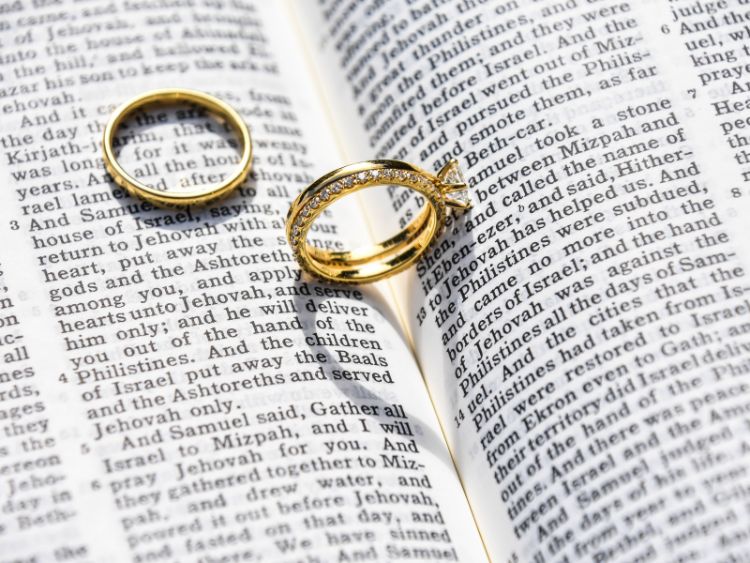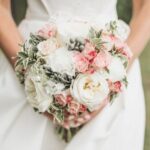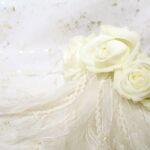Understanding Wedding Dress Codes: A Complete Guide
Choosing what to wear to a wedding can be tricky, especially when the invitation includes specific dress codes. You might wonder, “Is ‘semi-formal’ the same as ‘cocktail’?” or “What does ‘black-tie optional’ mean?” Don’t worry, we’ve got you covered! This article will walk you through the various wedding dress codes and help you navigate these sometimes ambiguous guidelines so you can confidently arrive looking fabulous.
Why Do Wedding Dress Codes Matter?
Wedding dress codes aren’t just a matter of fashion; they’re a way to set the tone for the day and help guests understand the level of formality expected. Whether you’re attending a relaxed beach wedding or an elegant black-tie affair, knowing the dress code helps you respect the couple’s vision and feel appropriately dressed for the occasion.
Let’s break down the most common wedding dress codes and give you a few ideas for each.
Types of Wedding Dress Codes
1. Casual Wedding Dress Code
A casual dress code is all about comfort and simplicity, making it ideal for informal or outdoor settings like beach or backyard weddings. Think of it as a step above your everyday attire but still relaxed.
- For Women: Flowy sundresses, maxi skirts, or a casual blouse and pants. Fabrics like cotton and linen work well for a laid-back vibe.
- For Men: Lightweight slacks or khakis with a button-down shirt. Ties are optional, and you can even go with a polo shirt for a more relaxed touch.
Pro Tip: Avoid denim or T-shirts unless specified, as they can feel too casual for even the most laid-back weddings.
2. Beach Formal
If the invitation says “beach formal,” you can still keep things breezy, but with a touch of sophistication.
- For Women: Light fabrics like chiffon or linen, perhaps in a sundress or a maxi dress with dressy sandals.
- For Men: Lightweight trousers with a collared shirt. A linen blazer can elevate the look, and dress shoes or loafers (no flip-flops) complete the outfit.
3. Semi-Formal or Cocktail Attire
Semi-formal is one of the trickiest dress codes because it strikes a balance between casual and formal. When in doubt, dress a bit more formally than less.
- For Women: A cocktail dress or a polished skirt and blouse combo. Choose mid-length hemlines, and add subtle accessories.
- For Men: A suit and tie are ideal. You can play with colors—dark suits aren’t required but are always a safe choice.
4. Formal or Black-Tie Optional
“Black-tie optional” gives guests flexibility but implies a level of formality close to black-tie. For many, this means dressing up as though it were a black-tie event, but without strict requirements.
- For Women: A floor-length dress, an elegant jumpsuit, or a dressy cocktail dress.
- For Men: A dark suit with a tie, or if you prefer, a tuxedo.
5. Black Tie
When you see “black tie,” think sophisticated elegance. This dress code is reserved for evening weddings in formal venues, where the couple envisions an elevated aesthetic.
- For Women: A long, floor-length gown or a chic formal jumpsuit. Glamorous accessories and heels will complete your look.
- For Men: A tuxedo with a black bow tie and dress shoes. Black-tie weddings call for classic formal attire, so avoid experimenting too much.
6. White Tie
Considered the most formal dress code, white-tie weddings are rare, but when you do get an invitation, it’s time to go all out.
- For Women: A full-length evening gown, gloves (optional), and statement jewelry. Think red-carpet-ready!
- For Men: A black tailcoat, white bow tie, and formal trousers. Men should wear white gloves as a traditional part of this attire.
Wedding Dress Code Etiquette Tips
Now that you know what each dress code entails, here are some quick tips to make sure you dress appropriately:
- Check with the Couple: If you’re still unsure, it’s okay to ask the couple or a member of the wedding party. They’d prefer that over guests showing up out of sync with the dress code.
- Dress to the Venue: The venue often provides clues about the dress code. A fancy ballroom calls for something different than a rustic barn or beach setting.
- Avoid White (Mostly): Unless the invitation specifically states it’s okay, steer clear of white, as that color is usually reserved for the bride.
- Consider the Season: Weddings in the summer allow for lighter fabrics, while winter weddings might call for layers or heavier materials like velvet.
- Accessories Matter: The right accessories can elevate a simple outfit and make it suitable for more formal dress codes.
FAQ: Wedding Dress Codes
Q: What should I wear to a “black-tie optional” wedding?
A: Black-tie optional gives you the flexibility to wear either a dark suit or tuxedo. For women, a floor-length gown is appropriate but not necessary—a classy cocktail dress or elegant jumpsuit also works.
Q: Can I wear jeans to a casual wedding?
A: Unless specifically mentioned, it’s better to avoid jeans, even at casual weddings. Opt for slacks or a simple dress instead.
Q: What does “cocktail attire” mean for a wedding?
A: Cocktail attire is semi-formal. For men, a suit and tie are ideal, while women can wear a cocktail dress or a stylish jumpsuit.
Q: Is it okay to wear black to a wedding?
A: Yes, wearing black to a wedding has become widely acceptable, especially at evening or formal events. Just avoid looking too somber; add a touch of color with accessories if possible.
Q: Are sneakers ever acceptable at weddings?
A: Sneakers are generally a no-go unless it’s a casual or themed wedding. Dress shoes are the safer bet for most weddings.
Conclusion: Arrive Confidently Dressed for the Occasion
Knowing the ins and outs of wedding dress codes can save you from unnecessary worry. Whether you’re attending a relaxed beach ceremony or an upscale ballroom affair, following the dress code guidelines helps you look and feel your best while respecting the couple’s wishes.
Authoritative Resources for Further Reading
For additional insights on wedding dress codes, here are some helpful resources:





